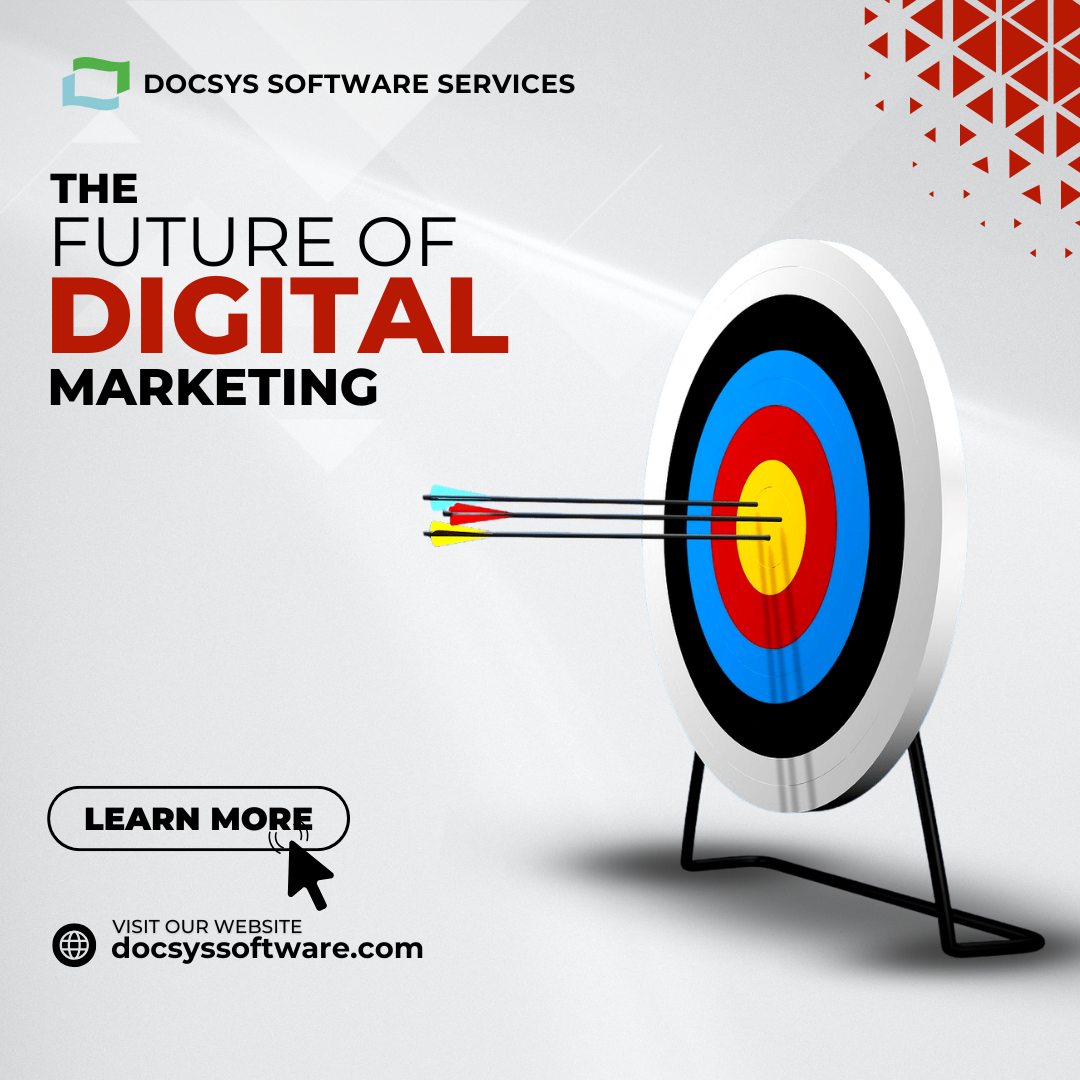Digital marketing is evolving at lightning speed, and businesses that fail to keep up risk falling behind. It’s no longer just about having an online presence—it’s about leveraging the latest trends and technologies to stay ahead of the competition. So, what does the future hold for digital marketing, and how can businesses adapt to these changes? Let’s explore the key trends that are shaping the industry.
1. AI-Powered Marketing
Artificial Intelligence (AI) is no longer a futuristic concept; it’s the driving force behind personalized marketing. From chatbots offering instant customer support to predictive analytics that help businesses understand consumer behavior, AI is transforming the way brands engage with their audience. AI-powered tools can automate repetitive tasks, analyze vast amounts of data, and improve targeting, ensuring higher conversion rates.
2. Voice Search Optimization
With the rise of smart assistants like Alexa, Siri, and Google Assistant, voice search is becoming a crucial part of digital marketing. People are using voice commands to search for products, ask questions, and even make purchases. Businesses must optimize their content for voice search by focusing on conversational keywords, local SEO, and providing direct answers to user queries.
3. Video Marketing Dominance
Video content is more engaging, shareable, and memorable than text-based content. Platforms like TikTok, YouTube, and Instagram Reels are driving the trend, making video marketing an essential tool for businesses. Short-form videos, live streams, and interactive video content are key strategies to boost engagement and build brand trust.
4. Interactive and Immersive Content
Consumers crave experiences, not just advertisements. Augmented Reality (AR), Virtual Reality (VR), and interactive infographics are gaining traction in digital marketing. These technologies allow businesses to create immersive brand experiences, helping customers engage with products in new and exciting ways. Imagine trying on clothes virtually or visualizing furniture in your home before making a purchase—that’s the future!
5. Personalization and Hyper-Targeting
Generic marketing messages are no longer effective. Customers expect brands to understand their preferences and offer tailored experiences. AI-driven personalization, behavioral targeting, and dynamic content ensure that users receive relevant offers, recommendations, and messages. The more personalized the experience, the higher the engagement and conversion rates.
6. Privacy and Data Security
With data breaches becoming more common, consumers are more concerned about privacy than ever before. Stricter data protection regulations, such as GDPR and CCPA, require businesses to be transparent about data collection and usage. Brands that prioritize consumer trust by implementing robust security measures and ethical data practices will gain a competitive advantage.
7. Social Commerce on the Rise
Social media is no longer just a platform for engagement—it’s an entire marketplace. Platforms like Instagram, Facebook, and TikTok now offer seamless shopping experiences, allowing users to purchase products without leaving the app. Businesses must integrate social commerce strategies to drive sales directly from social media platforms.
8. Search Engine Algorithm Changes
Google and other search engines constantly update their algorithms, making SEO an ever-changing field. Businesses must focus on user experience, high-quality content, and mobile optimization to maintain search rankings. Core Web Vitals, E-A-T (Expertise, Authority, Trustworthiness), and zero-click searches will continue to play a major role in SEO success.
9. The Power of Influencer Marketing
Influencer marketing is evolving beyond celebrities to include micro and nano-influencers who have niche, highly engaged audiences. Brands partnering with influencers who align with their values and target demographics will see higher trust and conversion rates. Authenticity and relatability are key factors in a successful influencer marketing strategy.
10. Omnichannel Marketing Strategy
Customers interact with brands across multiple channels—websites, social media, email, chatbots, and in-store experiences. A seamless omnichannel strategy ensures a consistent and cohesive brand experience, regardless of the platform. Integrating AI-driven chat support, unified messaging, and personalized email campaigns can enhance customer satisfaction and retention.
Final Thoughts
The future of digital marketing is dynamic and customer-centric. Businesses must embrace AI, personalization, video content, and social commerce to stay relevant in an ever-changing landscape. Those who adapt to these trends early will not only survive but thrive in the digital age.
At Docsys Software Services, we help businesses implement cutting-edge digital marketing strategies to maximize reach and revenue. Want to future-proof your marketing efforts? Get in touch with us today!









